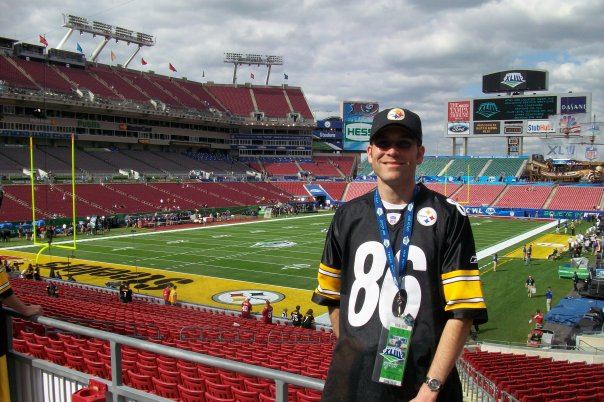A few months ago, Steven Landsburg and Jodi Beggs blogged about an episode of the show Golden Balls to illustrate a real application of Game Theory. A strange name for a game, but a good chance to see Game Theory in action. In this game show, two contestants are given a final choice of picking to Split or Steal a pot of money. Each player chooses Split or Steal and the choice is not known to the other player until after both choices are revealed. If both players choose to split the money, then each player walks away with half of the overall pot. If one player chooses to Split and the other chooses to Steal, the player choosing Split gets nothing and the player choosing Steal gets the entire pot. If each player chooses Steal, then each player gets nothing. From a game theoretic approach, there is a weakly dominant strategy to choose Steal. Without incorporating too much game theoretic jargon, just imagine yourself in each scenario. If the other player chooses to Split, my best choice is to Steal (because then I get all of the money rather than half). If the other player chooses Steal, then I am going to get nothing no matter which option I choose, so I am technically indifferent between the two options. So, no matter what the other person does, I can make myself best off (or at least as well off) by choosing to Steal. In this game, the players are allowed to talk before the choice is made. Most people would assume that this time will be spent trying to convince the other player that you are honest and will choose Split with all of the blah, blah, blah you want to use (swearing on family members’ lives, etc.). However, take a look at this clip to see what one man did with his time to talk:
Now the choice for Ibraham has changed assuming he believes Nick. If he honestly believes that Nick is going to Steal, he can Steal also (and get nothing) or he can choose to Split and as long as Nick follows through with his promise, Ibraham will get half of the money. From an economic perspective, assuming Ibraham believes Nick will Steal (100%) and there is a non-zero probability (so you’re saying there’s a chance…) that Nick will follow through with his promise, then the rational choice is for Ibraham to choose Split.
Here is one of the more interesting aspects of this game. When I tell people about it and about Nick’s choice, many people respond “hell, I would have chosen Steal just to stick it to him.” Some economists might conclude that this is irrational behavior. I would tend to disagree. It tells me that as humans, we sometimes factor a sense of fairness or the ability to punish others for actions that we disagree with into our happiness and thus into our decision making process. If this is the case, then we are willing to forego financial gain in order to make sure things are “set straight.”
Let me know what you think and how you would have responded to Nick in this game of Golden Balls.
Dr. Michael Enz Bio
Michael grew up on the Westside of the United States (Oregon) and moved to Massachusetts after earning a Doctorate of Philosophy in Economics (see a description of what that means at the bottom). After doing a nickel at Western New England College, he is currently an Assistant Professor of Economics at Framingham State University. As an Economist, he is interested in how industries evolve, an individual’s decision making process, and the political aspects of Macroeconomic Policy. Outside of study of Economics, he is a marathon runner, retired mountain climber, horse-show manager, and sports fanatic. And a committed Pittsburgh Steelers fan.


That was a great test of mans faith. He didnt know that man at all. Most people would have said we both get nothing. Were still human after all.